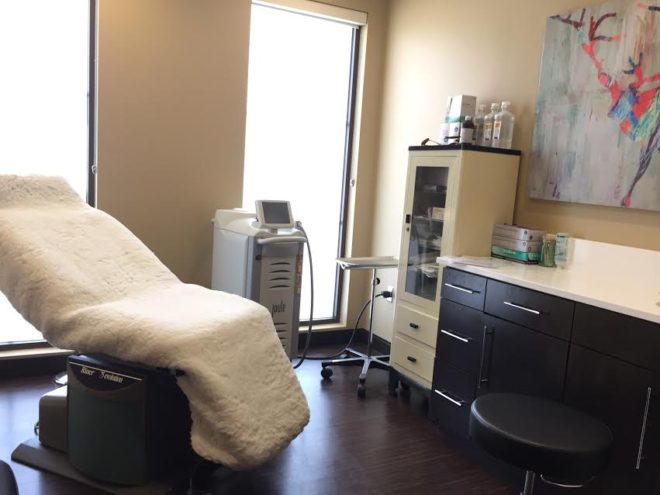The U.S. Senate has approved legislation that includes provisions authored by U.S. Senators Thad Cochran (R-Miss.) and Roger Wicker (R-Miss.) to ensure more seniors can benefit from cost-effective telehealth.
This is a press release
The Creating High-Quality Results and Outcomes Necessary to Improve Chronic (CHRONIC) Care Act of 2017 was approved this week by unanimous consent. The legislation, written to improve health care for Medicare beneficiaries living with chronic conditions, includes four provisions based on the bipartisan telehealth-focused bill introduced by Cochran, Wicker and others.
Wicker discussed the promise of telehealth and advocated for the inclusion of these telehealth provisions in the CHRONIC Care Act in his testimony before the Senate Finance Committee in May.
“Telemedicine can change the lives of many people, as Mississippi’s experience has shown. Federal policy should promote, not hinder, its use,” Cochran said. “The CHRONIC Care Act is a good step toward making telehealth services more widely available.”
“Telemedicine is a cost-effective way to increase access to life-saving medical services in rural areas,”Wicker said. “Mississippi’s health leaders know the difference that removing barriers to telehealth services can make and I am pleased to see that my colleagues in the Senate now agree.”
The CHRONIC Care Act (S.870) includes the following four provisions that were in the Cochran- and Wicker-sponsored Creating Opportunities Now for Necessary and Effective Care Technologies for Health Act of 2017 (CONNECT for Health Act, S.1016). These provisions change federal government policies restricting reimbursement for telehealth services based on geographic location, which limits opportunities to help patients in rural and underserved urban areas.
Specifically, the CONNECT for Health Act provisions in the Senate-passed CHRONIC Care Act, include:
- Home Dialysis – Removes existing geographic and location-specific restrictions to allow patients receiving dialysis at home to obtain required monthly check-ins via telehealth, rather than travelling to a doctor’s office or hospital.
- Medicare Advantage – Allows Medicare Advantage plans to include telehealth services in annual base bids.
- Accountable Care Organizations (ACOs) – Enables certain ACOs to offer telehealth services to beneficiaries by removing geographic restrictions on telehealth services and by adding patients’ homes as eligible service sites.
- TeleStroke – Removes existing geographic restrictions on reimbursements to physicians who provide stroke consultations via telehealth, regardless of whether the patient is located at a rural or urban site.
The Mississippi Senators’ strong support for the benefits of telehealth technologies is anchored in the success of the University of Mississippi Medical Center’s national leadership in the telehealth field.
S.870 is now available for consideration by the House of Representatives.




